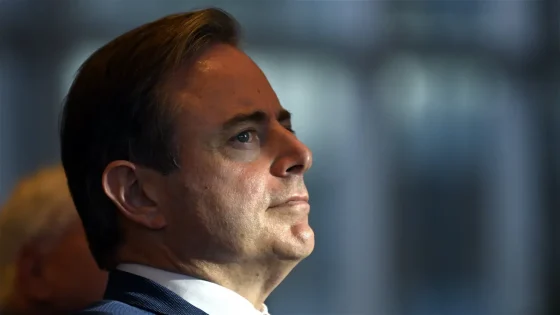On February 19, 2025, tensions escalated between Ukraine and former U.S. President Donald Trump. Following Trump’s remarks labeling Ukrainian President Volodymyr Zelensky as “a dictator,” Zelensky canceled a scheduled trip to Saudi Arabia, expressing his displeasure at being excluded from discussions there. This development marks a significant shift in diplomatic relations as Ukraine faces ongoing military challenges.
- Ukraine faces ongoing military aggression.
- Trump’s actions surprise Ukraine's leadership.
- Zelensky cancels trip to Saudi Arabia.
- Diplomatic tensions escalate between Trump and Zelensky.
- Trump labels Zelensky as a dictator.
The backdrop of this dispute is the ongoing war in Ukraine, which has persisted for three years with severe impacts on its sovereignty and security. As the conflict continues, international support remains crucial for Ukraine’s defense against Russian aggression. The recent comments from Trump have surprised many observers and raised concerns about the potential shift in U.S. foreign policy toward Russia.
Key details include:
- Zelensky’s cancellation of his trip was due to feeling sidelined from important discussions.
- Trump’s comments may signal a change in how some American political figures view Ukraine’s leadership amidst the war.
- This situation could affect future diplomatic efforts involving Western nations and their stance on supporting Ukraine.
The implications of Trump’s statements are significant as they may influence public opinion and political dynamics surrounding U.S.-Ukraine relations. Observers note that such rhetoric could embolden adversaries while undermining allies’ confidence in continued support for Ukraine during its time of crisis.
This unfolding situation underscores the fragile nature of international alliances during times of conflict. As both countries navigate these complex dynamics, it remains critical for leaders to engage constructively to ensure stability and support for those affected by ongoing hostilities.

































